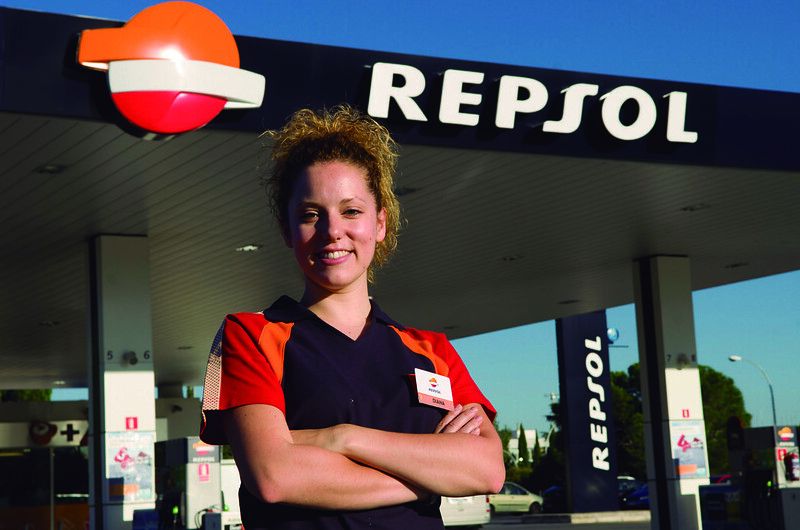Spanish oil and gas giant Repsol – which recently agreed to overhaul its climate change lobbying efforts after investor pressure – has been warned it remains ‘inherently exposed’ to climate risks despite its advanced sustainability strategy.
Repsol’s first ESG evaluation by S&P Global Ratings showed the company scored a favourable 68 out of 100 – with 100 indicating the lowest risk and zero the highest.
However, according to the evaluation Repsol remains inherently exposed to greenhouse gas emission, pollution, and water use and contamination risks.
S&P also warned the Madrid-based firm’s investments in shale gas and the Arctic region could weaken its environmental and social profile.
Despite this, the ratings agency stated Repsol’s sustainability strategy was among the more advanced in the oil and gas sector due to its higher expenditure allocation to low-carbon technologies, while it has also embedded ESG objectives in the remuneration of its executives and managers.
“While we see the oil and gas industry as among the most exposed to the energy transition, we believe Repsol’s continued focus on natural gas favorably positions the company relative to oil-focused peers because we expect gas to replace coal as the primary source for electricity generation,” S&P stated in its rating report.
“This, combined with the limited growth of its upstream business and gradually growing focus on biofuels, chemicals, and renewables, should increase Repsol’s ability to pivot its strategy as the energy transition away from carbon-based fuels accelerates.”
The rating follows Repsol’s pledge last month that it would revise its climate change lobbying efforts after intense pressure from investor group Climate Action 100+.
Once named the Climate Action 100+ list of the world’s 100 worst greenhouse gas emitters, pledged to align its lobbying activity with the goals of the Paris Agreement after extensive talks with the investor group.
S&P noted Repsol’s greenhouse gas targets were more comprehensive than most of its global peers, committing to reduce its emissions by 3 million tonnes, its routine flaring emissions by 50%, and methane intensity by 25% by 2025.
However, the company remains particularly exposed to biodiversity risks due to its increased exploration campaigns in the Arctic region. In addition, Repsol has about 60% of its reserves in Peru, Venezuela, and the US., which have high proportions of threatened species.





